
AI-driven discoveries: Machine Learning for the Physical Sciences workshop
- Organisers: IOP Publishing and Fudan University
- Date: April 27, 2025
- Meeting format: Hybrid – in-person and online via Zoom
- Venue: Room C108, Physics Building, Jiangwan Campus, Fudan University
- Location: Fudan University, 2205 Songhu Rd., 200438, Shanghai, China
IOP Publishing and Fudan University are organising a one-day international workshop, “AI-driven discoveries: Machine Learning for the Physical Sciences”. The event brings together leading researchers from around the world to explore how machine learning and AI are transforming the physical sciences.
The international workshop provides an opportunity for established and early-career researchers to share their work and spark ideas. Distinguished experts in the field, including Prof. Kyle Cranmer, Prof. Weinan E and Prof. Xingao Gong, will deliver plenary talks. The proceedings will be streamed via Zoom and KouShare to ensure international accessibility.

*Any in person attendees not affiliated with Fudan University will be required to pay an attendance fee of 600RMB. In these cases, Fudan University will contact you after registration to arrange payment.
Topics will include:
- Machine learning for high-energy particle physics
- Quantum machine learning
- Machine learning and big data at large-scale facilities
- Discovery of new materials and molecules
Useful information:
- Deadline for registration: April 7, 2025
- This webinar will use Zoom – it is recommended that you download and install the plug-in in advance
- You can also watch the conference broadcast and video playback at KouShare
Chairs
- Tim Smith Head of Portfolio Development at IOP Publishing.
- Jian Shen Head of Institute for Nanoelectronic devices and Quantum computing and Director of State Key Laboratory of Surface Physics at Fudan University.
Organization Committee
- Xincheng Xie Fudan University
- Jian Shen Fudan University
- Yizheng Wu Fudan University
- Kuijuan Jin Institute of Physics, CAS
- Antigoni Messaritaki IOP Publishing
- Sara Bebbington IOP Publishing
Local Committee
- Hongjun Xiang Fudan University
- Hangwen Guo Fudan University
- Jiang Xiao Fudan University
- Weichao Yu Fudan University
- Yueyue Zhang IOP Publishing
Invited speakers
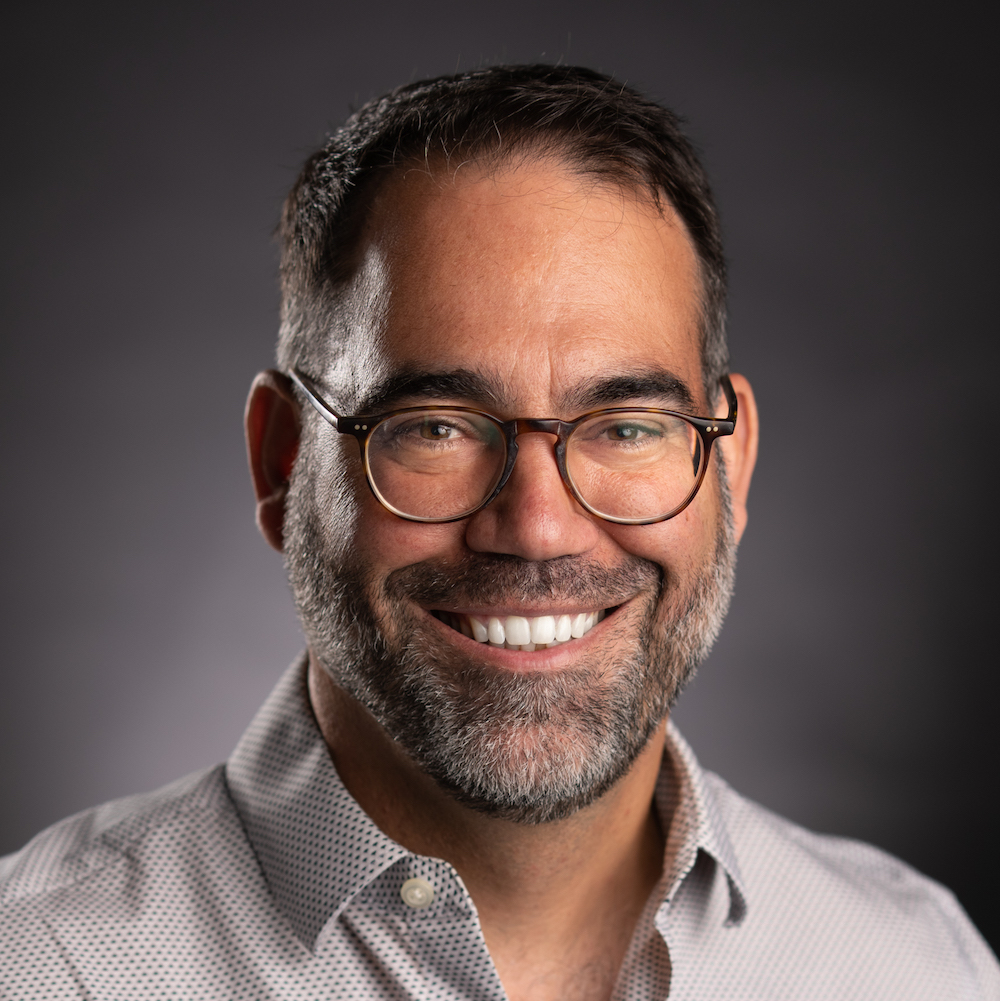
Professor Kyle Cranmer, University of Wisconsin-Madison
Kyle Cranmer is the David R. Anderson Director of the UW-Madison Data Science Institute and a Professor of Physics with courtesy appointments in Statistics and Computer Science. He is also the Editor-in-Chief of the journal Machine Learning Science and Technology. Cranmer was a Professor of Physics and Data Science at NYU from 2007 – 2022. He obtained his BA in Physics and Mathematics at Rice University in 1999 and his Ph.D. in Physics from the University of Wisconsin-Madison in 2005. He was awarded the Presidential Early Career Award for Science and Engineering in 2007, the National Science Foundation’s Career Award in 2009, and became a Fellow of the American Physical Society in 2021 for his work at the Large Hadron Collider. Professor Cranmer developed a framework that enables collaborative statistical modeling, which was used extensively for the discovery of the Higgs boson in 2012. His current interests are at the intersection of physics, statistics, and machine learning.

Professor Weinan E, Center for Machine Learning Research, Peking University
Weinan E is a member of the Chinese Academy of Sciences, a professor in the Center for Machine Learning Research (CMLR) and the School of Mathematical Sciences at Peking University. He is also a professor at the Department of Mathematics and Program in Applied and Computational Mathematics at Princeton University. His main research interest is numerical algorithms, machine learning and multi-scale modeling, with applications to chemistry, material sciences and fluid mechanics.

Professor Xingao Gong, Fudan University
Xingao Gong is a member of the Chinese Academy of Sciences, a professor at Fudan University, condensed matter physicist, and director of the Key Laboratory of Computational Materials Science under the Ministry of Education. Primarily engaged in research on condensed matter system structures, electronic structures, and the development of computational methods.
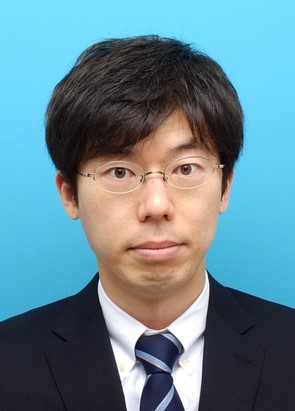
Professor Hideki Okawa, Institute of High Energy Physics, Chinese Academy of Sciences
Hideki Okawa is a professor at the Institute of High Energy Physics (IHEP), Chinese Academy of Sciences. He obtained his bachelor and PhD at the University of Tokyo in 2004 and 2010 respectively. Between 2010-2014, he worked as a postdoctoral scholar at University of California, Irvine and then at Brookhaven National Laboratory. In 2014, he joined University of Tsukuba as an international tenure-track assistant professor and was tenured in 2018. In 2019, he joined Fudan University as a University Key Position Professor. He moved to IHEP in 2022. His main research area is TeV-scale collider experiments (LHC-ATLAS, CEPC), machine learning and quantum computing applications.
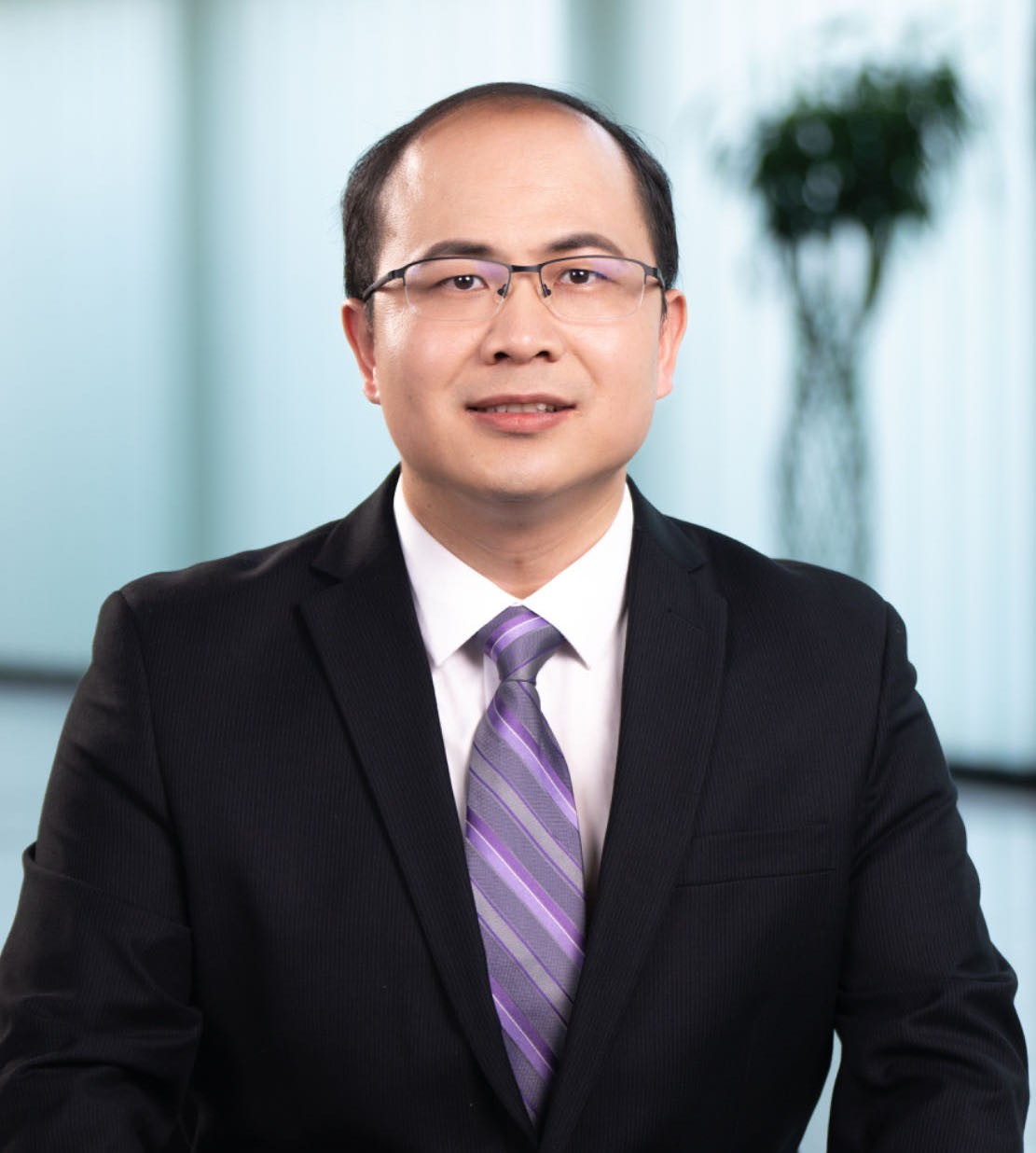
Professor Dong-Ling Deng, Tsinghua University
Dong-Ling Deng is a tenured associate professor at the Institute for Interdisciplinary Information Sciences (IIIS), Tsinghua University. He earned his Ph.D. degree from the University of Michigan and was the recipient of the Kent M. Terwilliger Memorial Thesis Prize (2015). Following a JQI (Joint Quantum Institute) postdoctoral fellowship, he joined IIIS, Tsinghua University as an assistant professor in 2018. He is the recipient of the National Science Fund for Distinguished Young Scholars. Prof. Deng’s research group focuses primarily on quantum artificial intelligence, encompassing quantum enhanced AI as well as AI applications for quantum physics.
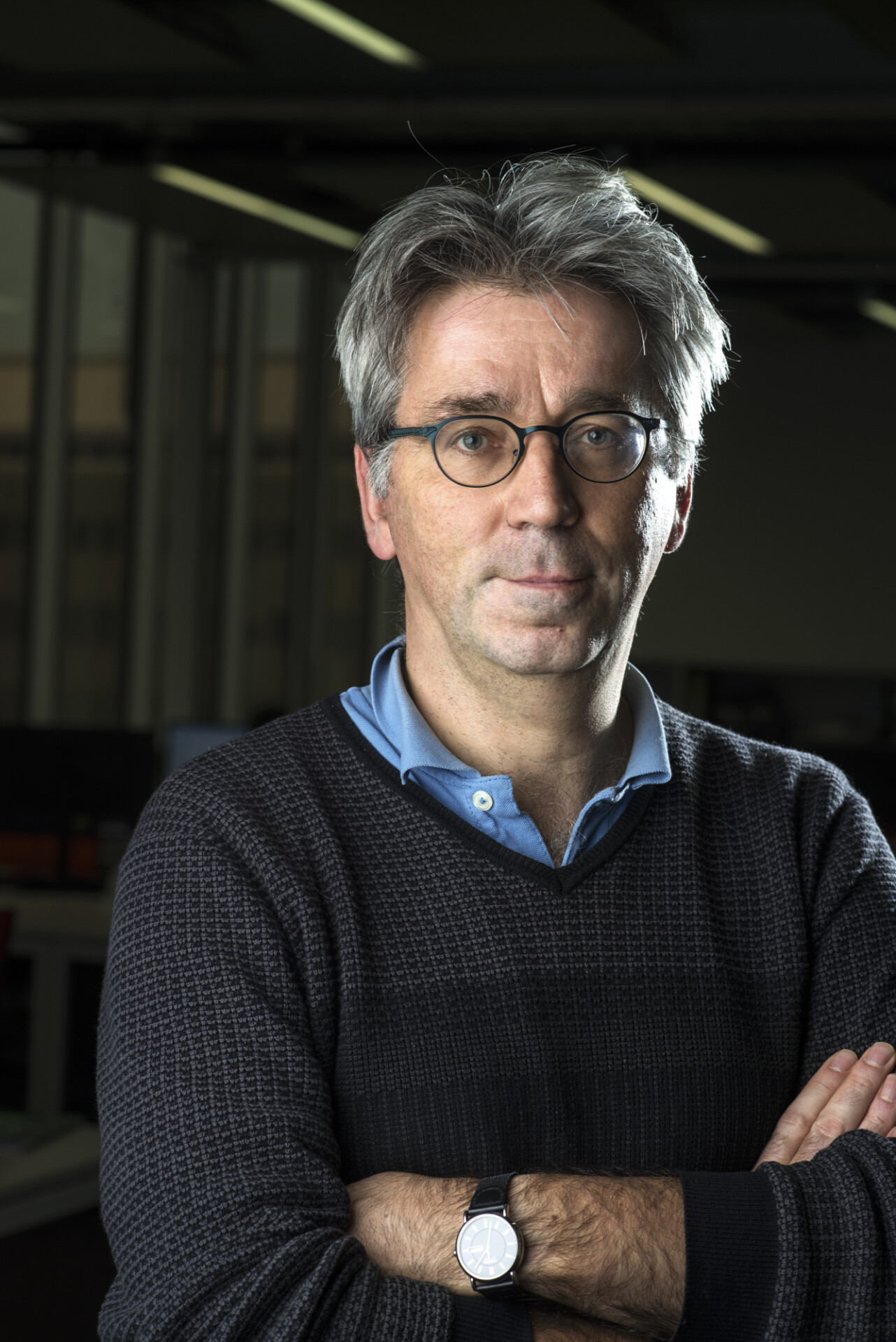
Professor Berend Smit, EPFL
Berend Smit is a professor at EPFL specializing in molecular simulations for energy applications. He earned MSc degrees in Chemical Engineering and Physics from TU Delft and a PhD in Chemistry from Utrecht University. He previously held positions at Shell Research, the University of Amsterdam, and UC Berkeley, where he was also a Faculty Chemist at LBNL. He served as Director of CECAM in Lyon and was elected a Foreign Member of the Royal Netherlands Academy of Arts and Sciences (KNAW) in 2024. He co-authored Understanding Molecular Simulations and Introduction to Carbon Capture and Sequestration.
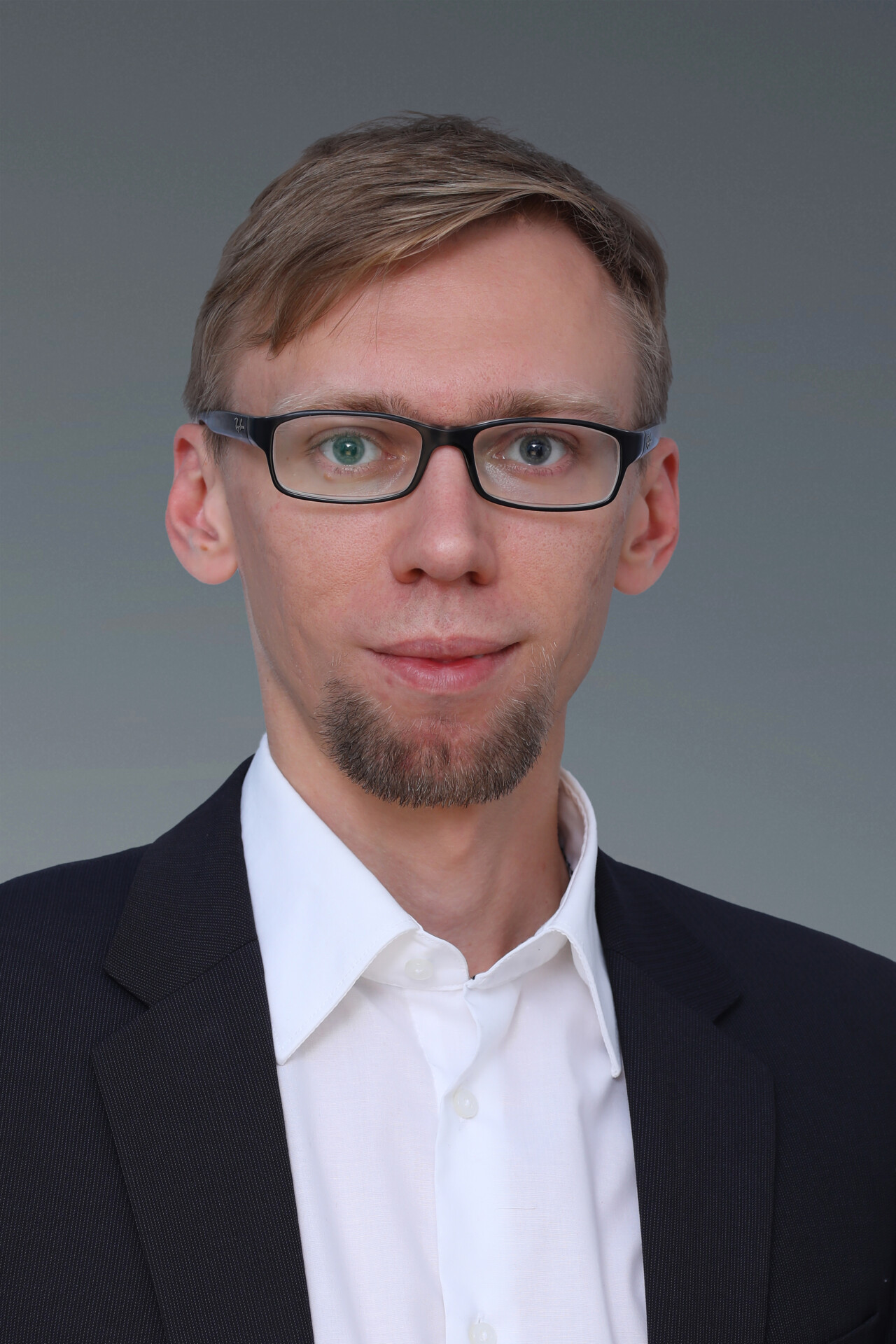
Professor Pavlo O. Dral, Xiamen University
Pavlo O. Dral is a professor at the Department of Chemistry, Xiamen University, a visiting professor at the Institute of Physics, Nicolaus Copernicus University in Toruń, Poland, and a co-founder of Aitomistic. His research is focused on AI-enhanced computational chemistry, for which he founded the MLatom package and co-founded the Xiamen Atomistic Computing Suite. Pavlo O. Dral serves on the Editorial Boards of Machine Learning: Science and Technology, Artificial Intelligence Chemistry, and SciPost Chemistry. He edited and co-authored the book Quantum Chemistry in the Age of Machine Learning. Pavlo O. Dral was awarded an Outstanding Youth (Overseas) by the National Natural Science Foundation of China (2021). Visit his website dr-dral.com for more information.
Agenda
Morning Session
Chair: Jian Shen, Fudan University
| 9:00 – 9:10 | Opening Ceremony | Yizheng Wu, Fudan University Tim Smith, IOP Publishing Jian Shen, Fudan University |
| 9:10 – 9:20 | Machine Learning for the Physical Sciences at IOP Publishing | Tim Smith, IOP Publishing |
| 9:20 – 10:05 | AI Physics | Xingao Gong, Fudan University |
| 10:05 – 10:30 | Group Photo and Coffee Break | |
| 10:30 – 11:15 | Emerging Patterns in AI for Science | Kyle Cranmer, University of Wisconsin-Madison |
| 11:15 – 12:00 | Quantum AI for High Energy Particle Physics | Hideki Okawa, Institute of High Energy Physics, CAS |
| 12:00 – 13:30 | Lunch break |
Afternoon Session
Chair: Tim Smith, IOP Publishing
| 13:30 – 14:15 | AI for learning across chemical space and quantum chemical methods | Pavlo Dral, Xiamen University and Nicolaus Copernicus University in Toruń |
| 14:15 – 15:00 | AI Assisted Quantum Simulations | Dong-Ling Deng, Tsinghua University |
| 15:00 – 15:20 | Coffee Break | |
| 15:20 – 16:05 | Big Data in Nanoporous Materials Design: Science beyond Understanding | Berend Smit, EPFL |
| 16:05 – 16:50 | Towards an understanding of the principles behind deep learning | Weinan E, Center for Machine Learning Research, Peking University |
| 16:50 – 17:00 | Closing Ceremony | Tim Smith, IOP Publishing |
Supporting journal

Machine Learning: Science and Technology is a multidisciplinary open access journal that bridges the application of machine learning across the sciences with advances in machine learning methods and theory as motivated by physical insights.